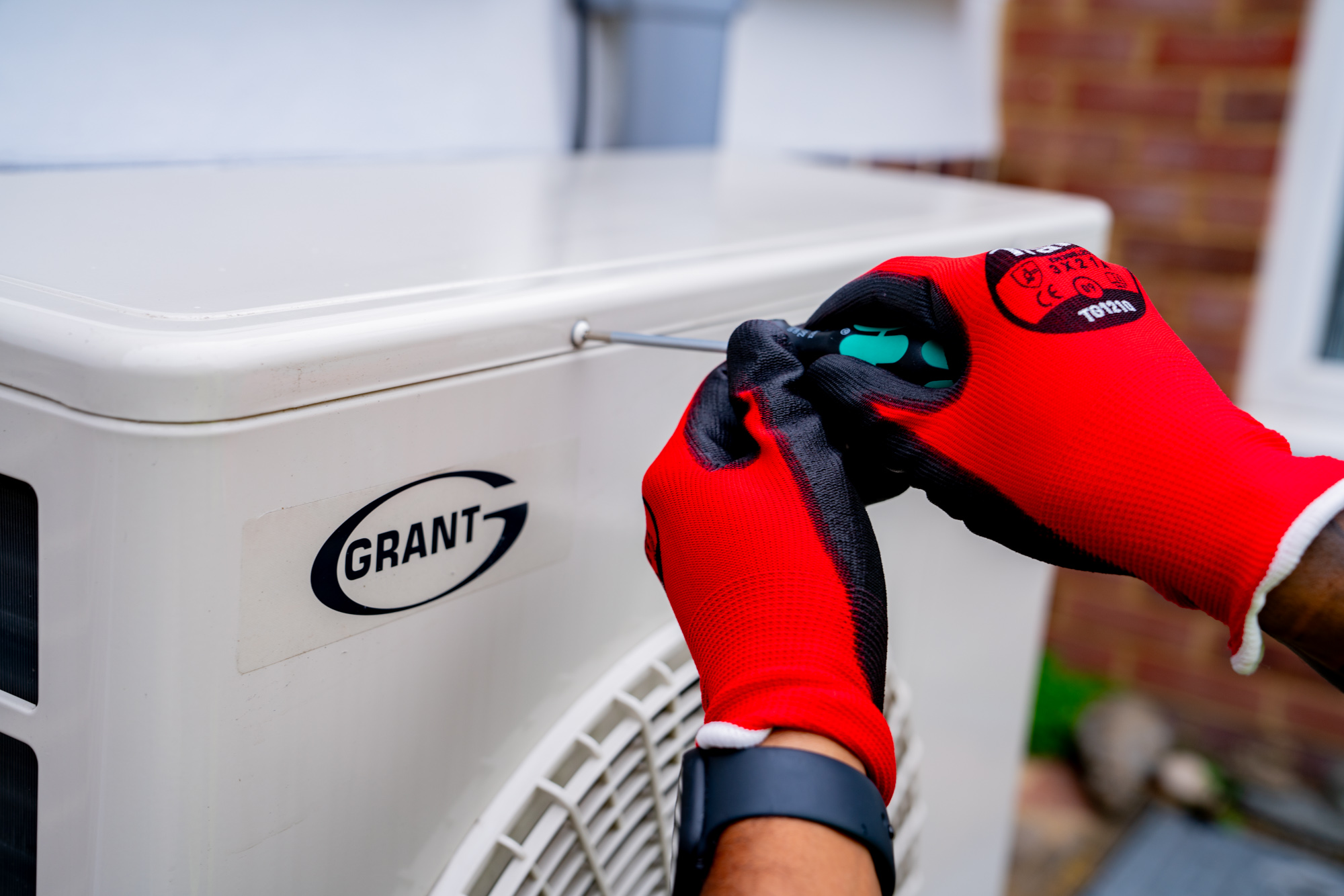In an attempt to tackle climate change, alternatives to traditional boilers have been introduced to the property market as a possible solution.
The government is placing a lot of focus on cutting emissions from heating. In April 2022, the government aims to launch the £5,000 grant scheme to encourage homeowners and landlords to go greener. Homeowners who choose to participate in this scheme will be offered £5,000 grants to replace gas boilers with low carbon technologies – although some have criticised the grants for being far too small. In 2023 this was increased to £7,500
Electric boilers and air source heat pumps are two alternatives to gas boilers that can help make homes greener.
Here, we discuss these alternatives in detail and weigh up the advantages and disadvantages to determine if these alternatives are the answer to a greener market.
Why is a greener market important?
Buyers and tenants are becoming more aware of the impact their daily routines at home have on the environment. As a result, people are determined to change their daily routines and implement preventative measures that cause less harm to the environment.
When seeking a new home to purchase or rent, the type of boiler installed could impact the clients’ final decision to go through with the property purchase or rental.
Implementing changes such as replacing a gas boiler with an energy-efficient alternative could make a property more environmentally-friendly and help win over environmentally-conscious viewers.
A home fitted with an electric boiler or air source heat pump, as opposed to a gas boiler, could save more money in the long term, which will be appealing for people looking for homes.
With inflation already mounting and interest rates likely to rise again at some point, buyers and tenants will be keen to save as much as they can.
The true cost of heat pumps and electric boilers
Although heat pumps are a potential answer to creating a greener market, there are several factors people considering installing these should consider.
In the long-term, heat pumps will save money and are one way to reduce the carbon footprint in a home, but getting this up and running comes at a hefty price.
The non-profit Energy and Utilities Alliance (EUA) recently published a report that highlights the true cost of heat pumps.
The report shows that this solution costs five times more than a hydrogen-ready boiler. In total, a landlord or homeowner wishing to get a heat pump installed should expect to spend a fee of anywhere between £6,000 to £27,000. Government grants of up to £7,500 now contribute towards the cost, making them more affordable then ever.
Furthermore, heat pumps can take up to three days to be installed which could cause an inconvenience for people living in the property.
Compared to oil or gas-fired boilers, industrial electric boilers have several advantages. As opposed to heat pumps, these can take as little as one day to install, while the maximum time is three days.
Electric boilers also operate quietly, start quickly, and do not have the risk of bursting or causing harm as they do not run using gas. However, electricity costs can vary depending on where you live. Roughly, an electric boiler costs between £500 to £2,000.
What alternatives can be put in place for a greener market?
Everyone wants to do their part to ensure they are more sustainable and help the country to achieve net-zero. However, some replacements seem to be far too expensive to possibly afford.
In the government’s pledge to reach net zero, it was announced that after 2035 existing boilers will be banned from being installed.
With so much emphasis placed on electric boilers and heat pumps, installing one of these ahead of 2035 is likely to make people feel as though they are doing the right thing.
As a homeowner or landlord, keeping up with the industry standard is crucial so it may be a good idea for installations that support a greener market to be explored.
Weighing up which eco-friendly heating system is the most cost-effective is the best solution. Other alternatives to gas boilers and heat pumps include electric or electric-combi boilers, central boilers, and biomass boilers.
A home with energy-efficient light bulbs, regular maintenance checks and properly insulated cavity walls will also help make a home greener. Although electric boilers and heat pumps can make all the difference, homeowners should remember other changes around the home can be made to help create a greener market and an excellent EPC rating.
Propcert is committed to helping the private and public sector meet the growing requirements of EPCs. You can discover more about us here.
